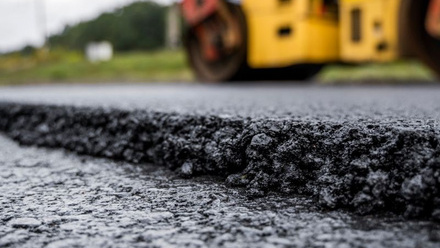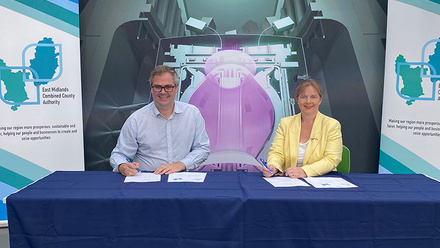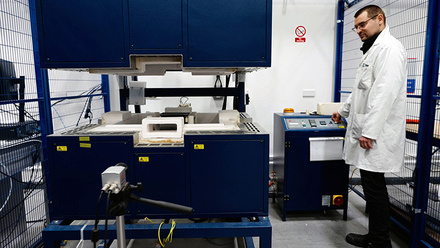Below the surface - the Materials Process Engineer Level 7 apprenticeship standard
This year, the first cohort of students are studying for the Materials Process Engineer Level 7 apprenticeship standard, developed by the Surface Engineering Leadership Forum (SELF).

‘In order to remain competitive in today's global marketplace, companies in the surface engineering sector need to undertake a transformational journey, which involves [various] phases of growth, initially, to become much more match fit, then to move to best in class, and finally to become world class,’ says Dave Elliott, Chair of SELF, during a webinar exploring the sector’s new degree-level apprenticeship standard.
‘The Material Process Engineer Level 7 apprenticeship standard will meet the high demand for technical specialism combined with commercial and problem-solving skills,’ explains Geoff Hale, SELF Secretariat. ‘The apprenticeship will enable postgraduate engineers to develop specialised skills, in areas such as surface engineering and coatings, heat treatments, and surface treatments with a specific emphasis on improving business peformance.’
Jeff Rao, Professor at Cranfield University, UK, and Course Director, adds, ‘Upskilling employees drives future growth [and our] course aims to equip employees with the knowledge, skills and behaviours that are required for today's high-tech industries. By upskilling your workforce, you're creating future success in your business,
[it means] the benefits to your business are in terms of improved productivity, improve product, profitability, making you…match fit.’
A learning experience
The course was developed by industry in collaboration with Cranfield University and is designed to minimise time away from the workplace ‘to work around you and to support you’, Rao explains.
Approved by the Institute for Apprenticeships and Technical Education, the course spans over 30 months part-time and is delivered through taught modules, group and individual projects, and case studies, to be followed by an end-point assessment. Much of the work required is conducted within the apprentice’s workplace, and it is predicted to take up no more than around 20% of their time.
Rao says, ‘The first phase of your journey is to establish the toolkit to learn the knowledge, skills and behaviours as defined in the apprenticeship standard.
‘As you progress, the learning gives [you] a sandpit where [you] can apply those knowledge, skills and behaviours in a safe environment…to an activity in the workplace and being mentored by both your employer and Cranfield University.’ This gives apprentices a chance to practice on a real-life case study.
‘And then we come to the in-house project, which you agree and decide on with your employer, it is a project which addresses a genuine problem or issue within the business.’
In the making
The apprenticeship standard was developed from an industry workshop held in July 2017 at Cranfield University.
The event attracted over 30 surface-engineering related companies and a number of universities who all expressed a passion...for skills and training.
Hale says, ‘A Trailblazer Group was established initially with support from the surface engineering and advanced coatings community, including its trade bodies – British Coatings Federation, Institute of Materials Finishing and the Surface Engineering Association – but quickly expanded to include representation from other bodies active in materials processing technology – Cast Metals Federation, Institute of Materials, Minerals and Mining, Manufacturing Technologies Association and The Welding Institute.
‘In addition to strong business support, the proposed standard had university input provided by Cranfield University, Loughborough University, Manchester University and the Henry Royce Institute. The Institute for Apprenticeships provided advice and guidance during this period.’
He explained that concurrently with the initial work on this level 7 standard, industry trade bodies, research and technology organisations, and professional engineering institutions active in the Trailblazer Group created SELF to promote the use of these technologies in industry, and to interface with government on developments and funding. SELF was officially launched in February 2019.
The next course at Cranfield begins in January 2022. Closing date for applications is 1 November 2021. For more information visit www.cranfield.ac.uk/mpe or contact Jeff Rao.
What the apprentices say...

‘I’ve done a science degree in the past, and I've worked as an engineer for the last eight years, but doing this course gives me an opportunity to advance my skills and knowledge and hopefully open doors for future professional progression.’
Anna Bents, Engineering Team Leader, TSTL

‘I was interested in this course because I thought [it would complement] my job role really well and be good for my professional development. So far, I'm enjoying the course three modules in. Long term, I'm hoping this course will develop my knowledge and skills to aid my professional progression and allow me to move into a management role in the future.’
Natalie Parry, Team Leader, Turbine Surface Technologies







